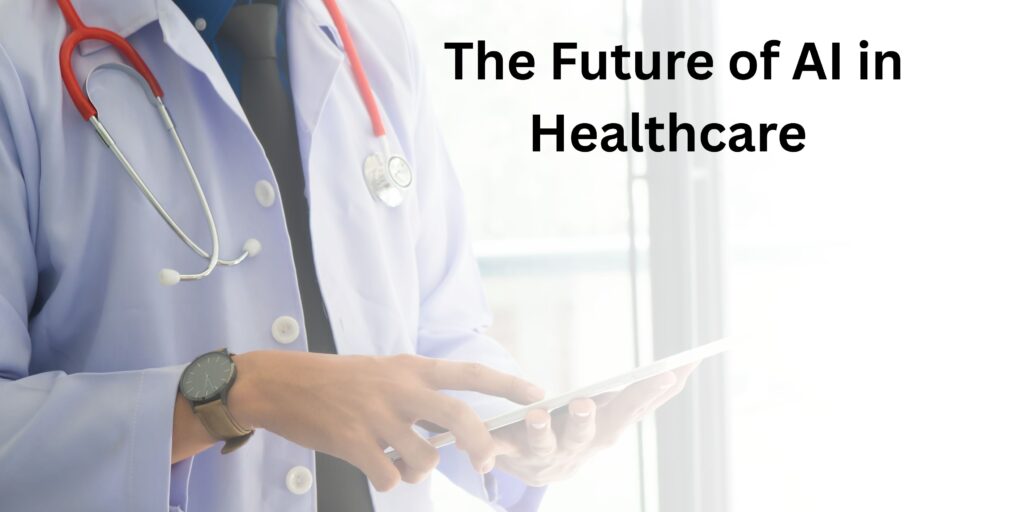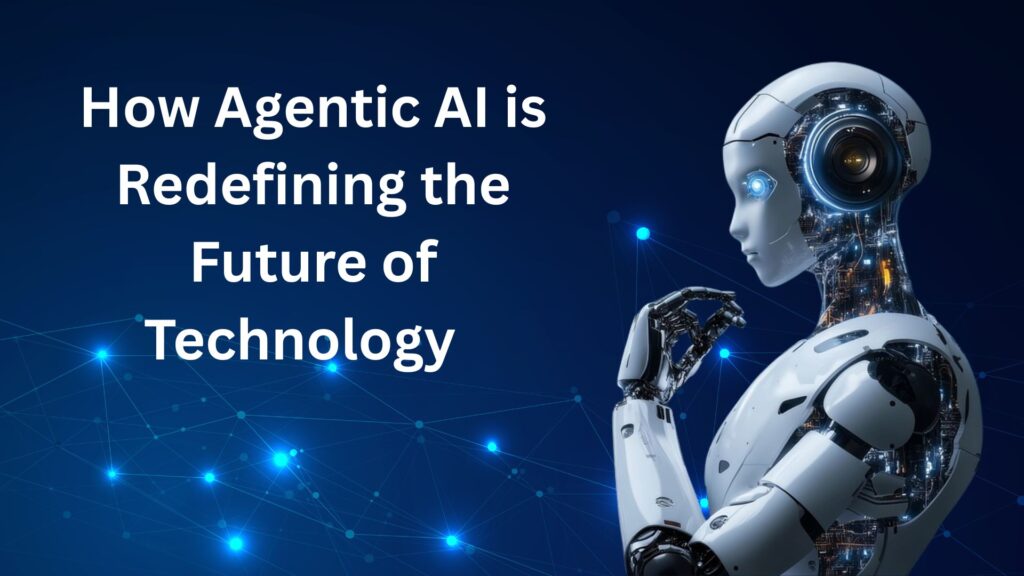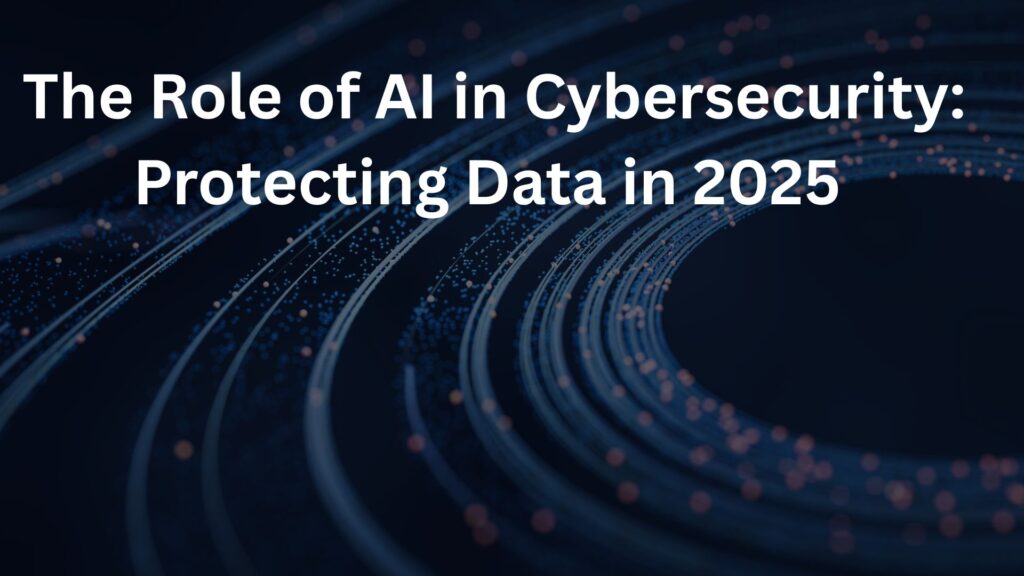In my opinion, technology is more than just innovation — it’s about how it connects, simplifies, and transforms our daily lives. I personally believe every new invention tells a story of progress and purpose, and that’s what I love exploring through my articles.
Getting Started
Healthcare is one of the most critical industries where technology can make a real difference.Artificial Intelligence (AI) has become a practical tool ; it is already improving diagnosis, patient care, and hospital management. From detecting diseases earlier to creating personalized treatment plans, AI can improve how healthcare systems work . At the same time,it also raises challenges such as privacy concerns, changes in jobs, and ethical issues .
Opportunities of AI in Healthcare
1. Early Disease Detection
AI-powered medical tools can review scans, blood tests, and records much quicker than doctors alone.This helps in spotting diseases like cancer, diabetes, and heart problems at an earlier stage, improving the chances of successful treatment.
2. Personalized Treatment Plans
Every patient is unique. AI systems can study medical history, genetic information, and lifestyle patterns to create customized treatment plans. This means patients get medicines and therapies that work best for them, reducing side effects.
3. Smarter Hospital Management
Hospitals can use AI to manage patient records, schedule appointments, and predict the number of beds needed during busy seasons. This not only saves time but also improves the overall patient experience.
4. Remote Patient Monitoring
Wearable devices like smartwatches use AI to track heart rate, sleep patterns, and other vital signs. Doctors can monitor patients remotely,helping reduce frequent hospital visits.
5. Medical Research and Drug Discovery
analyze large sets of medical information and find patterns that doctors might overlook. This speeds up research and helps scientists discover new medicines faster.
Risks and Limitations of AI in Healthcare
1. Data Privacy Concerns
Healthcare data is sensitive. If AI systems are not properly protected,it could lead to data leaks, hacking, or misuse of personal health information.
2. Dependence on Technology
If doctors and hospitals rely too much on AI,important decisions might not always get enough human review .
3. High Cost of Implementation
Modern AI systems and medical equipment can be costly. Many small hospitals, especially in developing countries, may not afford this technology.
4. Ethical and Legal Questions
Who is responsible if an AI system gives the wrong diagnosis? Should it be the doctor, the hospital, or the company that built the system?These ethical and legal questions are still under discussion.
AI Helping Doctors, Not Replacing Them
A common misconception is that AI will replace doctors, but the reality is different.Better: “AI tools support doctors by analyzing patient data quickly, spotting patterns, and suggesting possible diagnoses.” (remove “are designed to” for natural tone) . This helps medical professionals make faster, more accurate decisions.Still, human judgment will always be central in healthcare because empathy and experience cannot be replaced by technology.
key Takeaways
AI in healthcare brings both big opportunities and serious risks. While it can save lives through faster diagnosis, better treatments, and efficient hospital management, it must be used carefully to protect privacy and avoid misuse. The future of healthcare will likely be a balance between smart AI tools and human expertise,helping both doctors and patients achieve better results.
If you enjoyed this article, you may also like my previous post: [https://techhorizonpro.com/how-agentic-ai-is-redefining-the-future-of-technology/ ]
Written by Muhammad Zeeshan — a passionate tech enthusiast who loves exploring how innovation, AI, and digital tools are shaping the modern world.
I write with curiosity and clarity, aiming to make complex technology simple and useful for everyone.
If you enjoyed this post, check out my latest article for more insights on emerging tech trends and future innovations.




Pingback: AI vs Machine Learning: What’s the Real Difference in 2025